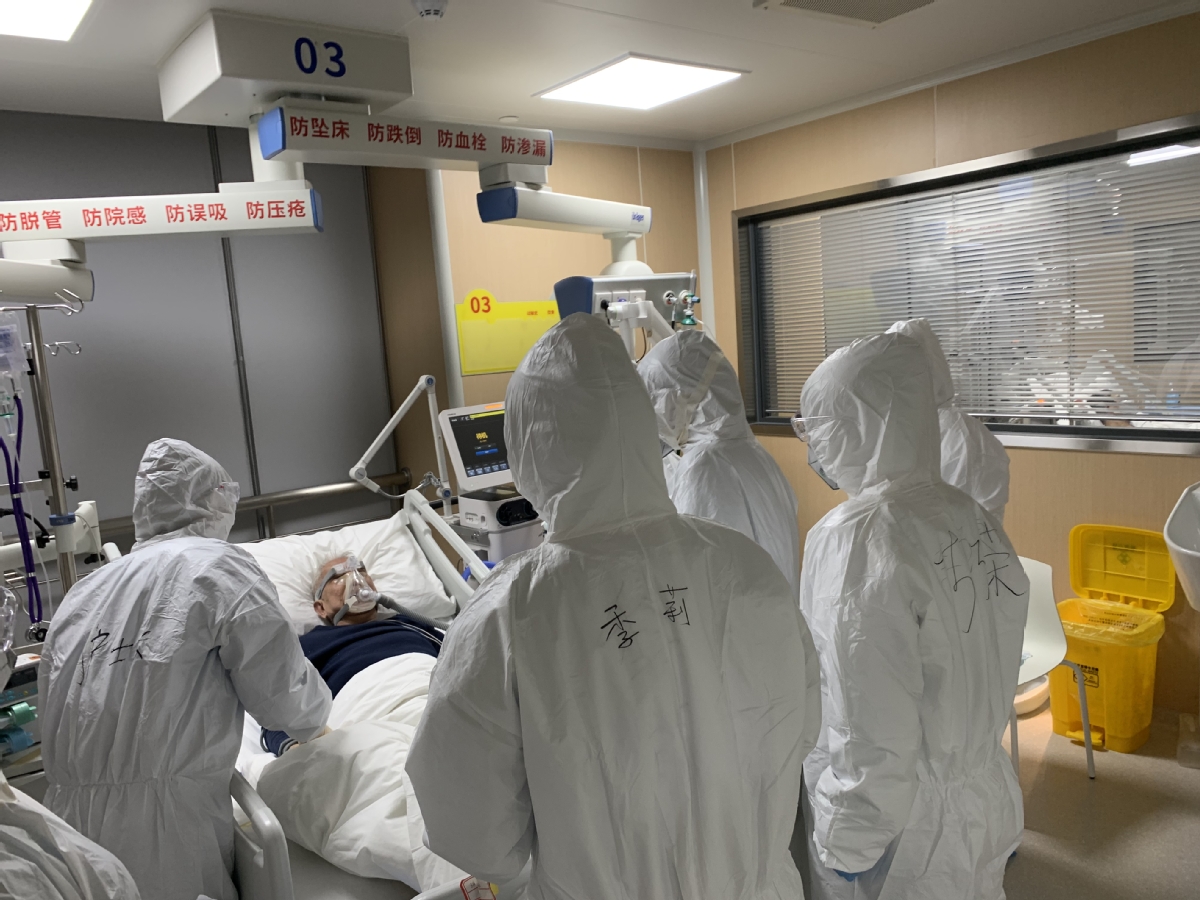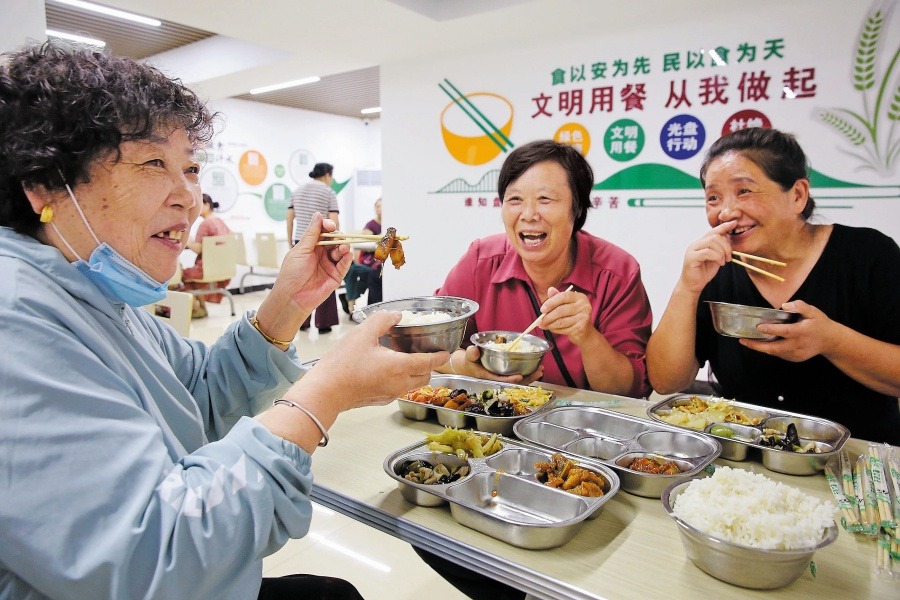Medics cherish life after overcoming threat


Nurses have seen the other side of the virus after becoming infected themselves. He Shusi reports from Hong Kong.
Medical professionals in Wuhan, capital of Hubei province, have emerged deeply traumatized after witnessing life-and-death struggles in isolation wards where patients with the novel coronavirus are being treated.
Zhou Huili, a senior nurse at the Hong Kong-funded Wuhan Asia General Hospital in the city, which was regarded as the epicenter of the outbreak in China, was tasked with overseeing 17 isolation beds for critically ill patients.
Before the epidemic was announced in January, the 39-year-old was head nurse at the hospital's heart disease center, but she was reassigned to the intensive care unit on Jan 20.
She said many of the patients were elderly, barely breathing and unable to speak, and the infection in their lungs usually spread to the heart and other vital organs.
"I was trained to treat patients with heart disease. In the past, I always used my training to help save lives-even seniors with heart failure. This time, I was desperate. Even with younger patients, I felt helpless in the face of a deadly virus never seen before," she said.
"Sometimes I stood by a patient's bed and said a quiet prayer for them to survive," she said in a phone interview with China Daily.
'I want to live'
Between late January and the end of February, Zhou saw more than 10 patients die. In 20 years of nursing, she had never lost a patient during an emergency rescue procedure. Losing so many patients in a month shook her.
One was a 60-year-old man with a history of good health. The oxygen level in his lungs was dangerously low when he was sent to the ICU and he could hardly breathe.
Even when he was put on a ventilator, his health failed to improve.
"We encouraged him to breathe as hard as he could. He tried, but it was a struggle," Zhou recalled. She remembers his face "exhausted beneath the oxygen mask, but determined to fight".
On her rounds one day, Zhou looked on as the man showed her his hand. He couldn't speak, but he had written the words xiang huo-"I want to live"-on his palm.
"He was the toughest patient I've ever seen," Zhou said. "I thought no matter how hard it would be, we had to save his life."
She directed the nurses to try to feed him with milk, eggs, whatever he could take. "If it was too much for one nurse, I would assign two," Zhou said.
The patient cooperated with the nurses, fighting to stay alive. Sometimes as Zhou watched him, tears came to her eyes.
Occasionally, the medical staff members helped set up video calls with his family. His wife told him, "You can't abandon me." His daughter urged, "Dad, please stay strong," Zhou recalled.
Zhou kept telling him he had many years left. The chances of recovery were good and the whole country was behind the effort in Wuhan. She told him how many patients had recovered and were discharged every day.
Despite all the efforts, the man died. "Maybe he was too sick to make it. He passed away after three weeks," Zhou said.























